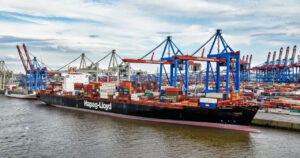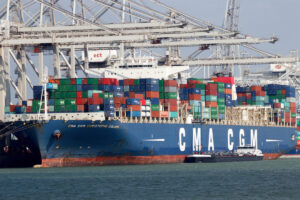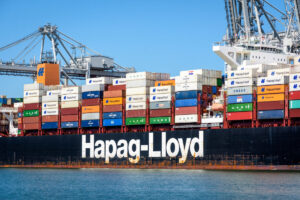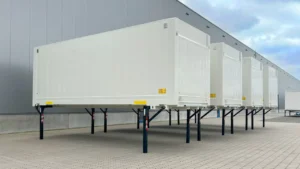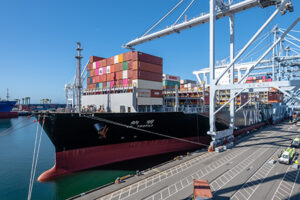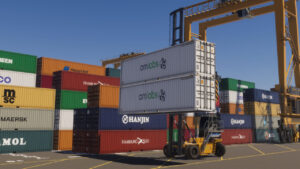The IMO is providing technical expertise to help clean up beaches in Greece that were affected by an oil spill in September after an oil tanker sank and released more than 2,500 tonnes of fuel oil and marine gas.
Operations to clean up the spill have been ongoing since the Greek flag oil tanker Agia Zoni II sank off Piraeus, Greece, on September 10, 2017, but the scale of the pollution, described by officials as an ecological disaster, has meant the IMO-administered Regional Marine Pollution Emergency Response Centre for the Mediterranean Sea (REMPEC) has stepped in.
Thick tar and oil pollution drifting towards residential coastal areas has disrupted businesses and destroyed much of the ecology in the area.
Two experts are in Greece until October 14 to give technical support on sunken oil assessment, removal techniques and efficient oil removal from sandy beaches.
The experts are from the Centre of Documentation, Research and Experimentation on Accidental Water Pollution (Cedre) based in Brest, France, and from the Italian National Institute for Environmental Protection and Research (ISPRA) based in Rome, Italy.
Both centres are members of the Mediterranean Assistance Unit (MAU), which was established in 1993 and can be mobilized by REMPEC to assist in the event of an emergency situation.
IMO administers REMPEC, based in Malta, under the Protocol to the Barcelona Convention Concerning Co-operation in Preventing Pollution from Ships and, in Cases of Emergency, Combating Pollution of the Mediterranean Sea, 2002.


